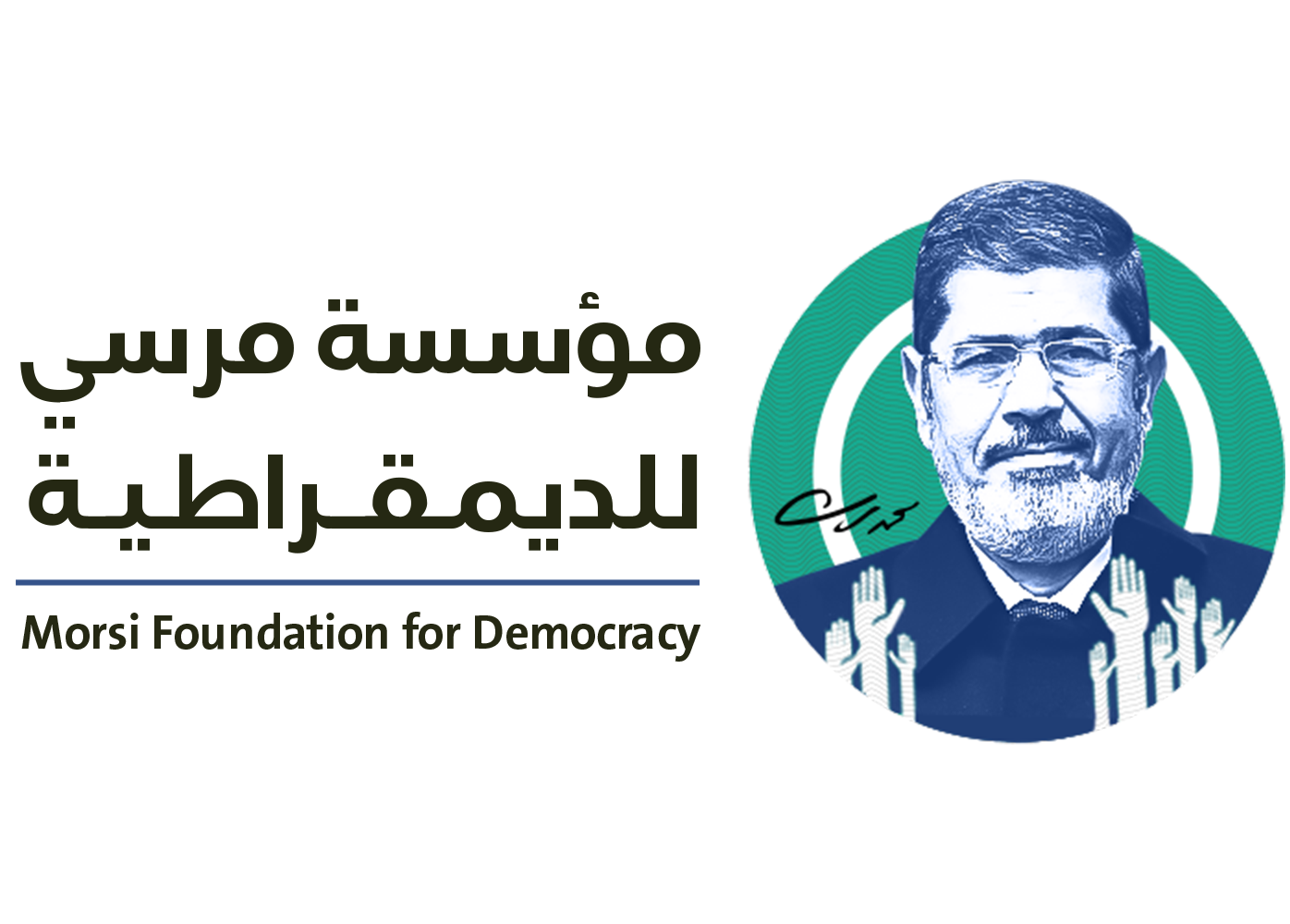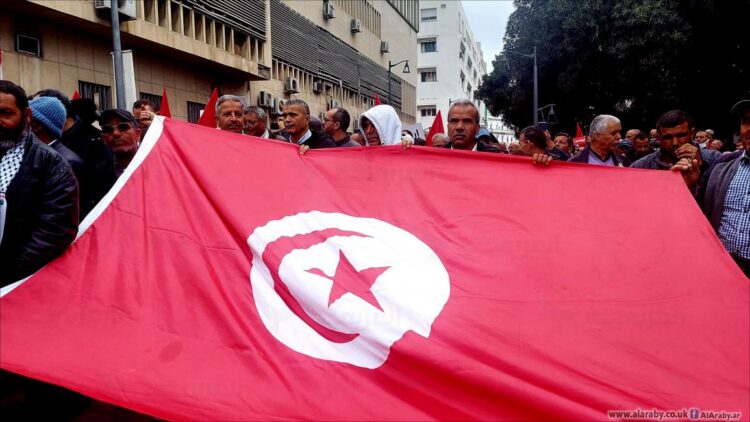The opposition National Salvation Front in Tunisia commented on the campaign of arrests and raids that took place on Monday, at the home of the head of the Ennahda Movement, Rashid Ghannouchi, and the headquarters of his party, and yesterday, Tuesday, at the headquarters of the “Hirak Tunisia Al-Irada,” which the Front takes as the headquarters of its activities, considering that these are arbitrary measures that represent “another conclusive evidence of The collapse of the state of freedoms in the country as a result of the coup against the institutions and the monopoly of absolute rule.
And the Front said, in a statement today, Wednesday, that the security forces intentionally, yesterday morning, Tuesday, “closed the street leading to the headquarters of the Tunis al-Irada movement and prevented the press conference that the Salvation Front intended to hold there. This prevention coincided with the closure of the headquarters of the Ennahda Movement in the entire territory of Tunisia and preventing the front’s meetings in Greater Tunis.
The “Salvation Front” considered that “the arrest and prosecution of Mr. Rashid Ghannouchi Muhammad al-Qumani and Belkacem Hassan (leaders of the Ennahda movement) for their participation in an intellectual dialogue seminar organized by the National Salvation Front on the occasion of the first anniversary of its founding, is a trial of opinion and an effort to eradicate the opposition forces and prevent them from playing their anti-coup role. “.
The Front said that “while it denounces these policies that threaten the country’s gains in the field of freedom and the establishment of democracy and expresses its effective solidarity with all political detainees, it assures its supporters and all citizens that it will not submit to the will of oppression and that it will continue on the path of peaceful resistance until the fall of the coup and the return of legitimacy and democracy to the country.” .
The security forces closed all the headquarters of the Ennahda movement in Tunisia, on Tuesday, the day after they arrested the head of the movement, Rashid Ghannouchi, on the background of his statements, according to what was confirmed by an official of the Tunisian interior to the official news agency. These developments represent a dangerous turning point in the conflict in Tunisia between President Kais Saied and his opponents, especially Ghannouchi.
In prison, Ghannouchi joins his two deputies, Ali Al-Areedh and Noureddine Al-Buhairi, and a number of other leaders of “Ennahda”, as well as Muhammad Al-Qumani, Belkasim Hassan and Muhammad Shaniba, and before them Habib Al-Luz, Sayed Al-Ferjani, and regional leaders, as well as previous leaders such as the former minister Muhammad bin Salem and others. In addition to the open investigations in more than one file with other leaders.
These developments are reminiscent of the atmosphere of targeting the movement in the nineties of the last century before the revolution, which also confirms that there is a clear effort to strike a larger component of the Tunisian opposition to Saied’s rule, and to permanently paralyze the “Salvation Front”, by targeting all its leaders and party components.
The defense committee for Ghannouchi and the politicians arrested with him confirmed that “for the second consecutive night, lawyers were prevented from attending the hearing of their clients after they were summoned to do so.”
And while the commission announced, in a statement, today, Wednesday, that it “rejected all conditions that violate the law and the most urgent of the applicable procedural rules,” it revealed that it had “examined the ban through an executing justice, and that the detainees had refused to answer in the absence of their defense committee.”
The commission said that it announces its “rejection of the legal violations that this case has witnessed since its inception.”
The judicial authorities in Tunisia did not comment on the reasons for the arrest, which comes in the wake of statements in which Ghannouchi said that “there is an intellectual and ideological impediment in Tunisia that establishes civil war.”
He added, “Do not imagine Tunisia without one party or the other, Tunisia without a renaissance, Tunisia without political Islam, Tunisia without the left, or any component that is a project for civil war. This is a crime in reality.”



